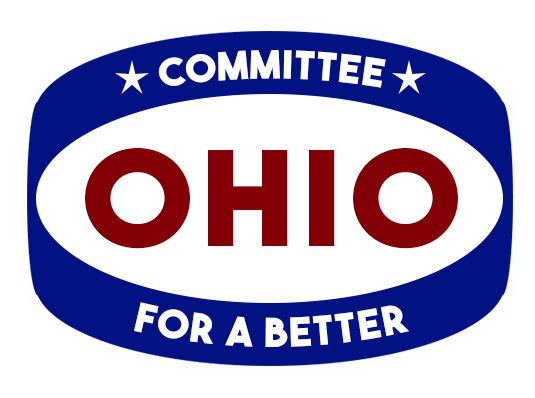
Though Ohio has a lot of good people working at their boards of elections, the faith in producing accurate elections has dwindled over the past years.
Why?
Because there is an apprehension in collecting the data needed to ensure the public that there is nothing funny going on.
OHIO HAS THE ABILITY TO GREATLY REDUCE THE COST OF ELECTIONS AND GREATLY IMPROVE CONFIDENCE IN ELECTION ACCURACY.
The only reason why we do not choose to save money and accuracy is due to politicians and local boards of elections resistant to adopting something that is foreign to them.
